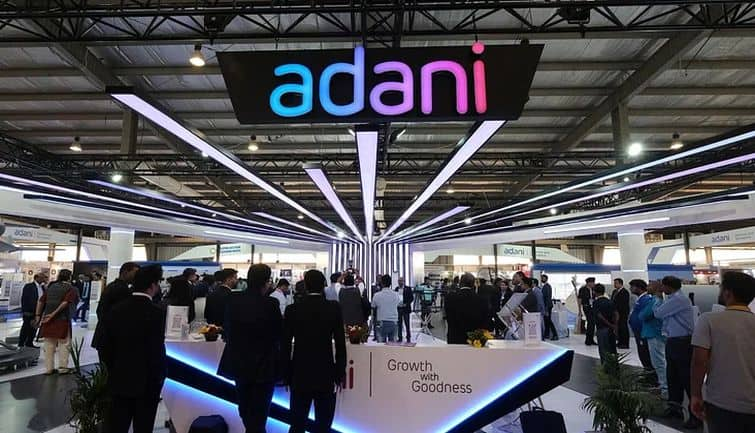In recent developments within the financial services sector, Cantor Fitzgerald, a prominent global brokerage firm, has initiated coverage on AESL (Aditya Energy Solutions Limited). According to their report, AESL boasts an impressive enterprise value of $18.5 billion. The firm emphasizes that investing in AESL presents a significant opportunity for stakeholders looking to capitalize on the rapidly expanding energy markets in India.
Understanding AESL’s Market Position
AESL is strategically positioned in the burgeoning energy market of India, which is characterized by a strong demand for sustainable and renewable energy solutions. With government initiatives promoting clean energy, AESL is poised to benefit from these trends.
Key Drivers of AESL’s Growth
- Renewable Energy Initiatives: The Indian government aims to achieve 500 GW of renewable energy capacity by 2030, paving the way for firms like AESL to grow.
- Foreign Investment: India has become increasingly attractive to foreign investors due to its vast market potential and supportive regulatory framework.
- Technological Advancements: AESL is leveraging cutting-edge technologies to enhance energy efficiency and reduce operational costs.
AESL’s Financial Health
With an enterprise value of $18.5 billion, AESL has shown sustainable financial performance. Below are key financial metrics associated with AESL:
| Financial Metric | Value |
|---|---|
| Enterprise Value | $18.5 Billion |
| Revenue Growth Rate | 15% Year-on-Year |
| Market Capitalization | $20 Billion |
| Debt to Equity Ratio | 0.3 |
Investment Outlook
The investment case for AESL is bolstered by several factors. The energy sector’s growth trajectory, driven by government policies and global sustainability trends, presents a favorable landscape for AESL’s operations. More than just a financial investment, getting involved with AESL can also be seen as a commitment to sustainable development.
Risks to Consider
While promising, investing in AESL also comes with its set of risks, including:
- Regulatory Changes: Changes in energy policies may affect production costs and profitability.
- Market Competition: AESL faces competitors who are also vying for shares in the rapidly growing market.
- Technological Risks: The rapid pace of technological change may necessitate continual investment to remain competitive.
In conclusion, AESL appears to be a compelling opportunity for investors seeking exposure to India’s dynamic energy sector. With its substantial enterprise value and potential for growth supported by favorable market conditions, investing in AESL may not only yield significant financial returns but also align with broader global goals of sustainable energy development. As always, investors should conduct thorough due diligence, considering both the opportunities and risks inherent in such investments.
